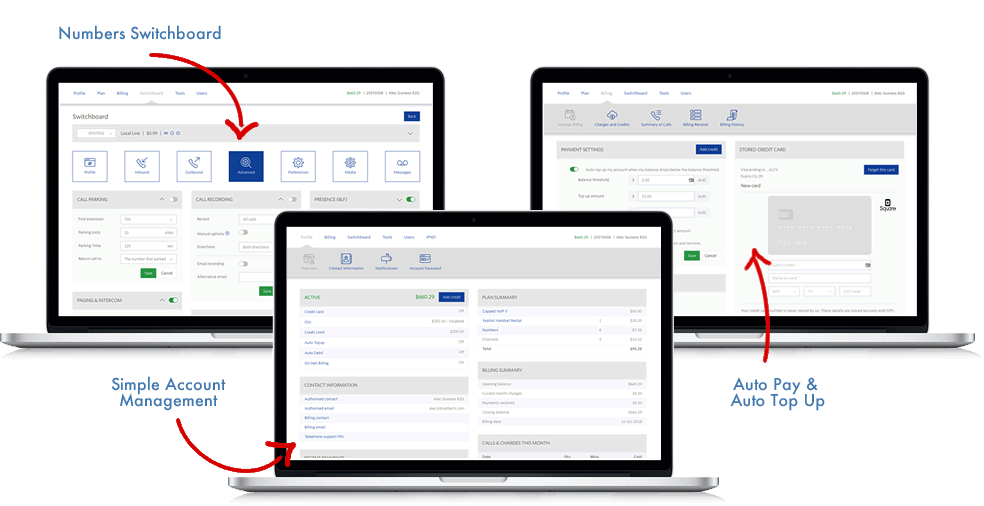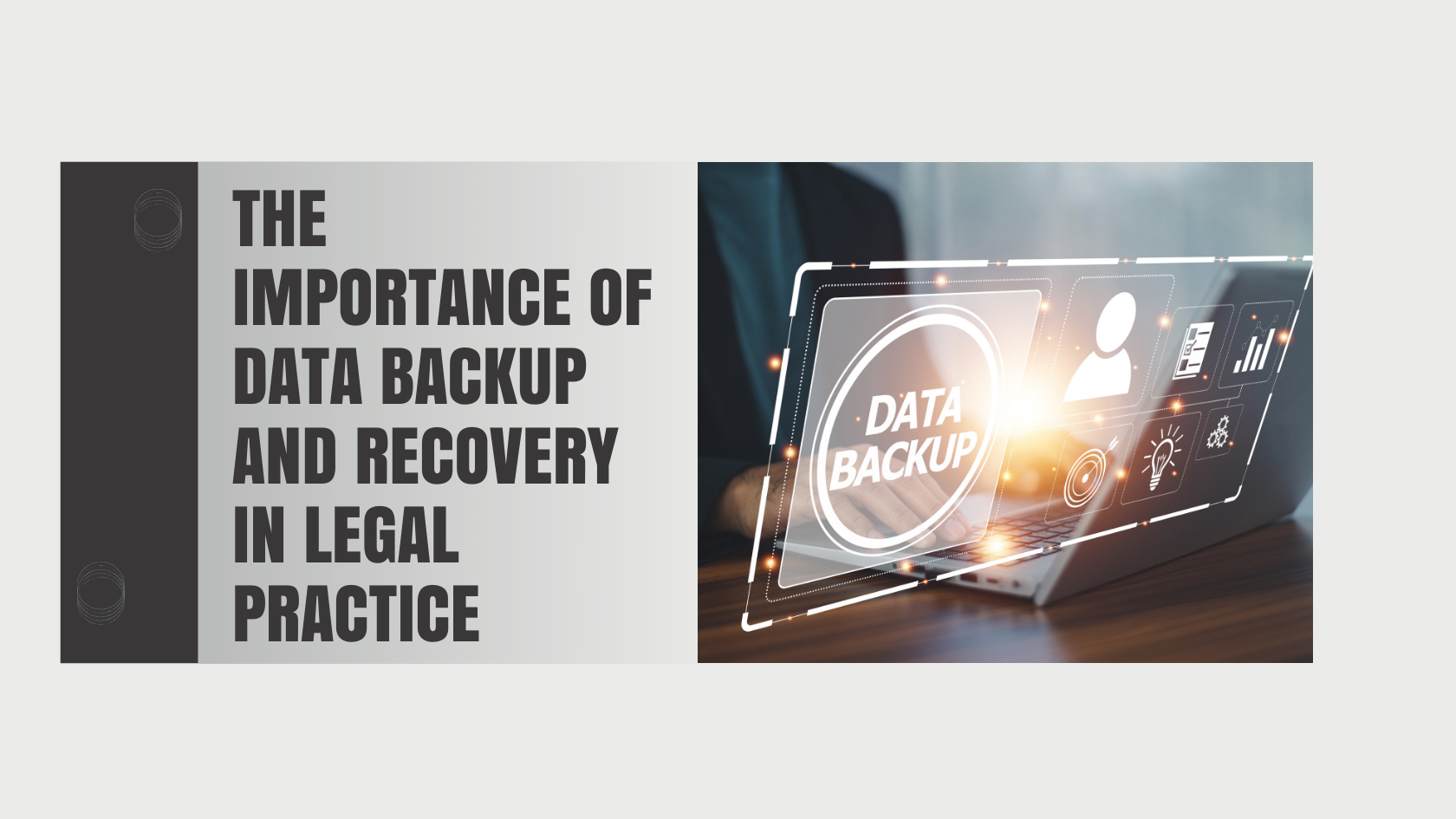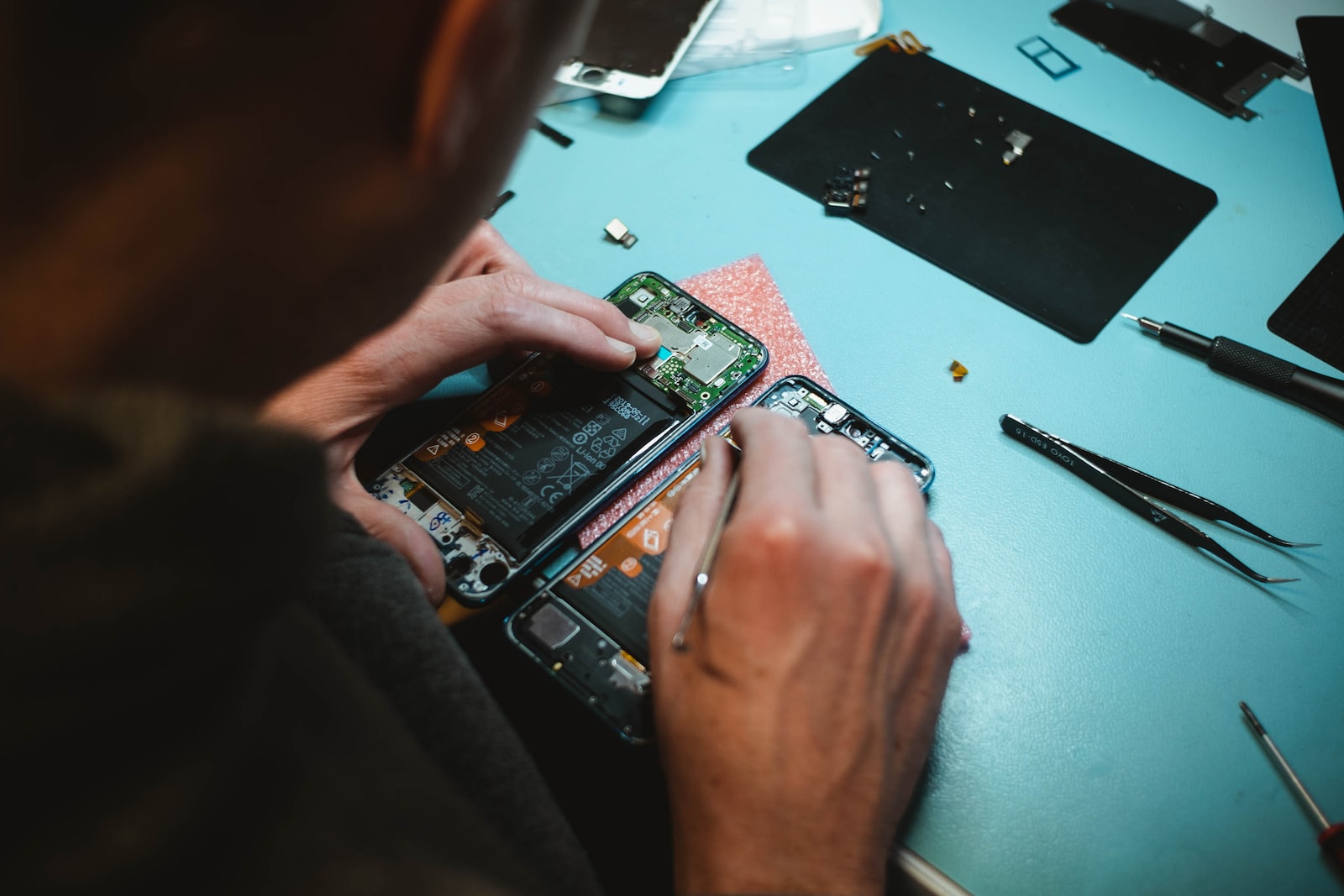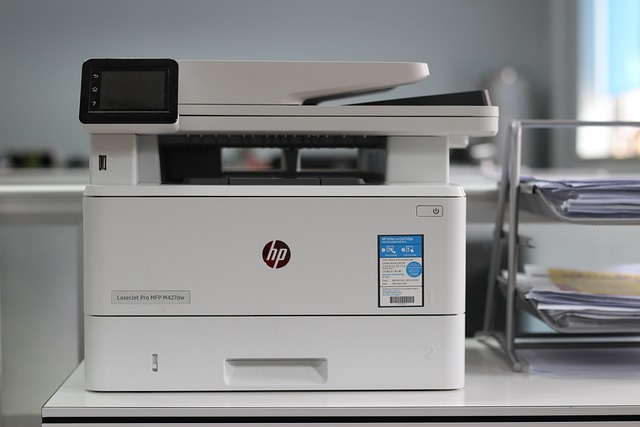VoIP and the Future
As VoIP technology is growing rapidly as time progresses, so are its risks and vulnerabilities. VoIP is fast becoming a main tool in business communication as it is based on the internet and outgrowing traditional means of communications in the years that saw its rise in the business world. It is therefore critical to secure Business Phone Systems and users important information from attackers.
Part of the popularity of the VoIP phone system are its benefits to the user. One of these is that it saves the user money compared to the more traditional phone service as well as other advantages the service offers that allows small business owners to take advantage of.
VoIP Vulnerabilities
For quite some time, the security considerations for VoIP has been neglected because traffic is directed to a wide area and local enterprise networks are secured from the public internet. However, as usage for VoIP is fast becoming popular, so are the inherent risks involved in using it much similar to traditional internet service which are vulnerable to attack. The main security risks pertain to IP based voice networks which have some flaws and are vulnerable to hackers.
If VoIP traffic is not encrypted, anyone with access to the network can listen in to the calls. To make this more secure, use trusted SMB VPN or virtual private network to send information and make sending more secure.

Attackers can assume the identity of the caller and steal sensitive and confidential business information. A more classic attack could involve a hacker intercepting a VoIP call and a customer ends up speaking with the impersonator instead of the business itself resulting in loss of business and trust for the owners.
A much more sophisticated attack such as DDoS or Distributed Denial of Service attack which involves the attacker sending inauthentic packets to a server causing an overload and makes the VoIP system unusable.
What to Do to Secure Your VoIP System
Your business can take the following precautionary measures to make your VoIP phone service network more secure:
- Lock and secure voice servers and its system is centrally managed. Multi factor authentication for its access should be implemented
- Updates on security systems should be installed and monitored regularly.
- Voice traffic must be encrypted, including signaling and packets with secure protocols such as SRTP
- Virtual Private Networks or VPNs can also be used for connections on remote devices.
- Network security training should be provided to employees with access to VoIP systems and policies and procedures are in place and to be followed.
- Create strong passwords that should be used to access features such as voicemail and must be changed regularly.
- Sensitive voicemail messages must be deleted when no longer needed.
To help ensure the security of your business’ VoIP system, employees must also be trained to spot suspicious activity and report immediately to the IT department so that appropriate steps can be taken immediately.VoIP phone systems and networks can benefit a business and its users to a large degree if managed and secured properly. A business must invest in a good VoIP service provider whenever possible.

















































































0